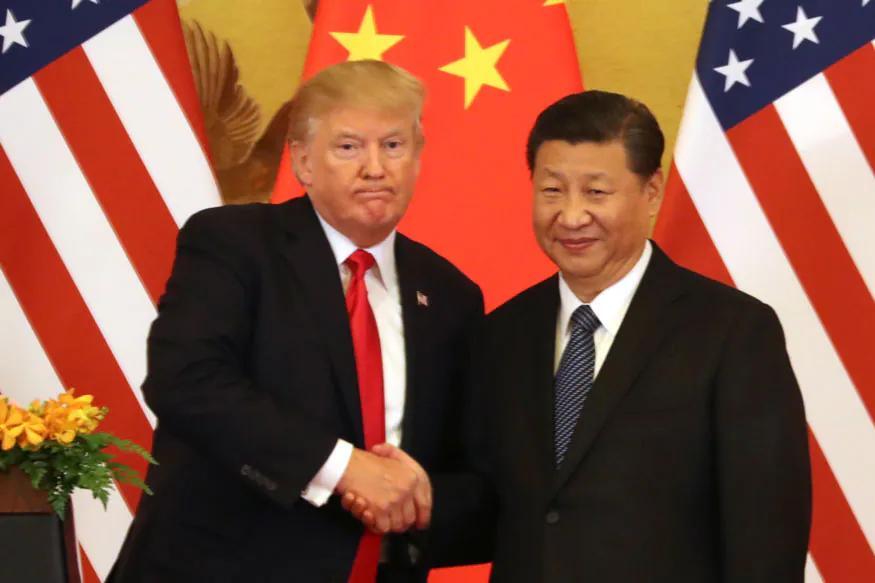
Trump’s aide explains why China was spared from sanctions for buying Russian oil
The ongoing crisis in Ukraine has led to a surge in tensions between Russia and the Western world, with many countries imposing sanctions on Moscow in response to its actions. However, in a recent development, China has been spared from sanctions despite buying Russian oil, leaving many wondering why. According to Secretary of State Marco Rubio, China refines the oil it buys from Russia and sells it back to Europe, creating a loophole that has allowed Beijing to avoid penalties.
In an interview, Rubio explained that anyone who buys Russian oil would be paying more for it due to the additional tariffs imposed by the US government. However, China’s refining and resale of Russian oil has effectively circumvented these sanctions, allowing Beijing to continue purchasing oil from Russia without facing consequences.
This development has sparked controversy, with many wondering why China has been spared from sanctions while other countries, such as India, have been hit with 25% extra tariffs on their Russian oil purchases. Trump imposed the tariffs on India in an effort to curb its reliance on Russian oil, but it appears that China’s refining and resale strategy has allowed it to avoid similar penalties.
China’s refining and resale of Russian oil is not a new phenomenon, but it has taken on new significance in the current political climate. The country has a long history of refining and exporting oil, and its refining capacity is one of the largest in the world. However, the current situation has raised questions about the effectiveness of sanctions in curbing Russia’s oil exports.
The US has imposed a range of sanctions on Russia in response to its actions in Ukraine, including restrictions on oil and gas exports. However, the Russian oil industry has continued to operate, with Moscow selling oil to countries around the world. The US has also imposed sanctions on individuals and companies with ties to the Russian government, but these measures have had limited impact.
China’s refining and resale strategy has allowed it to avoid direct sanctions, but it has also raised concerns about the country’s role in the global energy market. The US has accused China of using its refining capacity to support Russia’s oil exports, and has threatened to impose sanctions on Chinese companies that do business with Russia.
The situation has also raised questions about the role of oil refining in the global energy market. Refining is a critical component of the oil industry, as it allows countries to convert crude oil into usable fuels. However, the process also creates opportunities for countries to manipulate the flow of oil, and to circumvent sanctions.
In the current political climate, the issue of oil refining has taken on new significance. The US has accused Russia of using its refining capacity to support its own oil exports, and has threatened to impose sanctions on Russian companies that do business with China. The situation has also raised questions about the role of China in the global energy market, and whether the country’s refining capacity is being used to support Russia’s oil exports.
The US has also accused China of using its refining capacity to support its own oil exports, and has threatened to impose sanctions on Chinese companies that do business with Russia. The situation has also raised questions about the role of China in the global energy market, and whether the country’s refining capacity is being used to support Russia’s oil exports.
In conclusion, the situation with China’s refining and resale of Russian oil has raised questions about the effectiveness of sanctions in curbing Russia’s oil exports. The US has imposed a range of sanctions on Russia, but these measures have had limited impact. The situation has also raised questions about the role of China in the global energy market, and whether the country’s refining capacity is being used to support Russia’s oil exports.
Sources:



